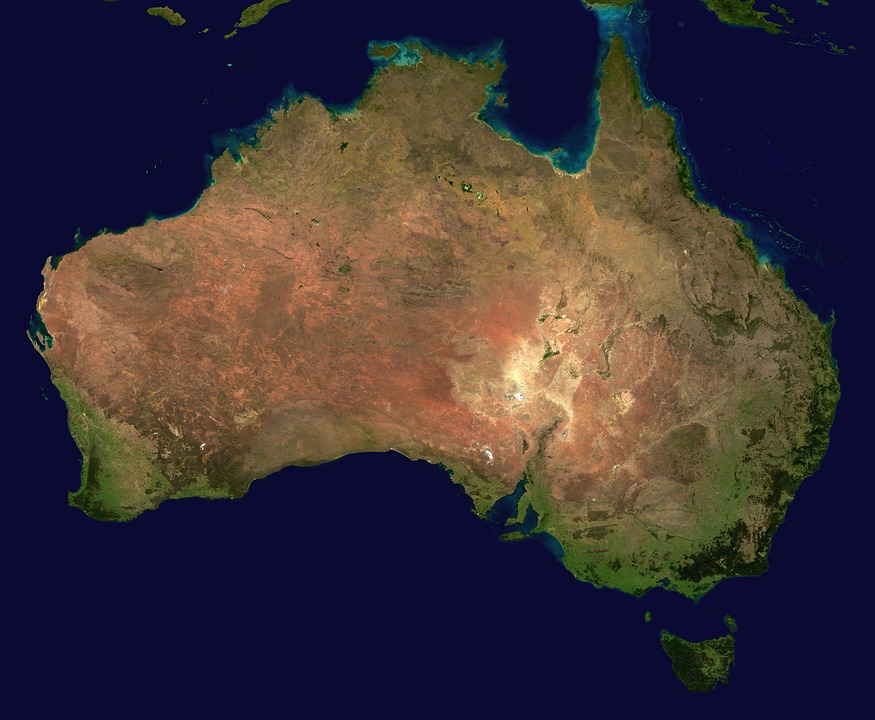The business events industry in Australia is experiencing a robust recovery, with delegates and events returning at an impressive rate. Australian convention bureaus and centers are reporting higher levels of activity compared to pre-pandemic times. Mack noted, “It’s really strong in terms of that, and there were obviously events that were postponed that had to come in, but they are busier than ever.”
Travel sentiments have undergone a significant shift, as people’s reservations about traveling have diminished. Mack stated, “Generally, we’re finding that people are just wanting to get out there, reconnect, and have their events again.” Certain markets are recovering faster than others, with the UK, the US, Singapore, and India emerging as leaders in this regard.
Two notable events that highlight Australia’s successful hosting capabilities are the World Rotary and Human Rights Conference. The World Rotary event recently took place in Melbourne and attracted 14,000 attendees, including 7,000 international delegates. The Human Rights Conference, held in the framework of WorldPride, welcomed 1,800 delegates from 57 countries at ICC Sydney. Mack emphasized the importance of these events, stating, “The Congress itself was such an important piece for the LGBTQIA+ community in everything that’s happening for them.”
Australia’s commitment to diversity and inclusion is evident in its approach to event planning. Mack highlighted the importance of selecting destinations that excel in delivering inclusion, diversity, sustainability, and accessibility. Sydney, for example, was chosen as the host city for the Human Rights Conference due to its demonstration of these qualities. Mack praised Sydney’s efforts in integrating indigenous culture, creating gender-neutral bathrooms, and implementing initiatives like the Sunflower Lanyard system to ensure inclusivity.
The legacy of these events extends beyond their immediate impact. Australia has contributed A$3.5 million to a Global Equality Fund that supports LGBTQ+ communities worldwide. Additionally, Sydney announced the establishment of a new museum called “Utopia” to celebrate the history and life of different communities, along with a fund for medical research within the LGBTQ+ community.
During the WorldPride 2023 Human Rights Conference, the Australian Government unveiled a new national plan and a $26 million investment in health and medical research specifically focused on LGBTQIA+ communities. Mack stated, “The 10 Year National Plan for the Health and Wellbeing of LGBTQIA+ people will guide how Australia addresses health disparities and make improvements across the health system.”
Inclusivity and sustainability are intrinsic to the Australian events industry. Mack emphasized, “When we have great event organizers, that conversation of ‘what do you want from your event? How can we make it more inclusive? How can diversity come into it?’ comes very naturally. In fact, I’ll dare to say this is engrained in our DNA.” Given Australia’s rich heritage as the home of the oldest living culture, incorporating indigenous culture and prioritizing sustainability are key considerations.
Australia continues to attract major international conferences, showcasing its competitiveness in the global market. Notable upcoming events include the International Aids Society (IAS) Conference on HIV Science in Brisbane in July 2023, the Congress of the Asia Pacific Initiative on Reproduction (ASPIRE) in Adelaide in September 2023, the World Congress of Optometry in Melbourne in September 2023, the World Conference on Family Doctors (WONCA) in Sydney in October 2023, and the 17th World Federation of Chiropractic (WFC) Biennial Congress in Gold Coast.
